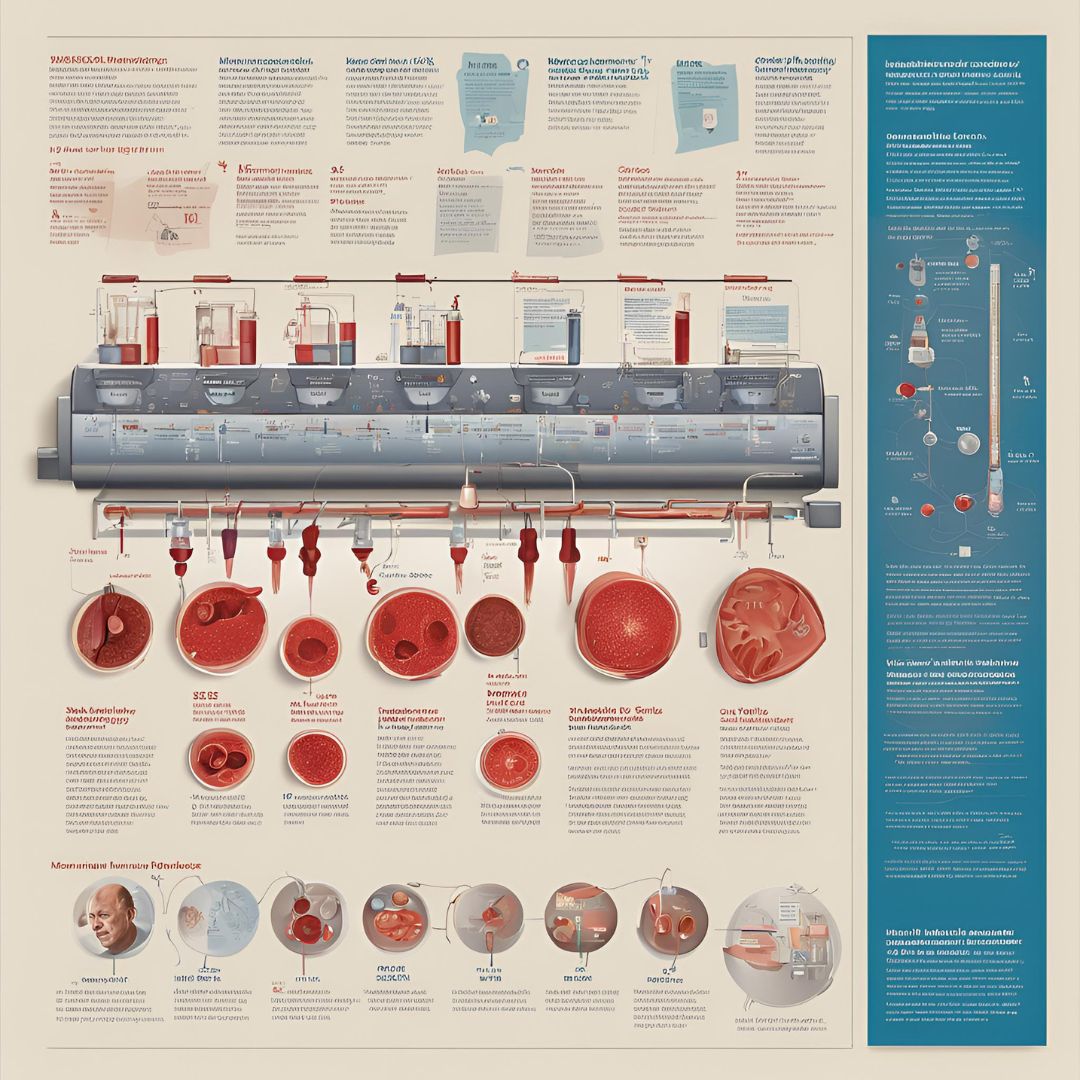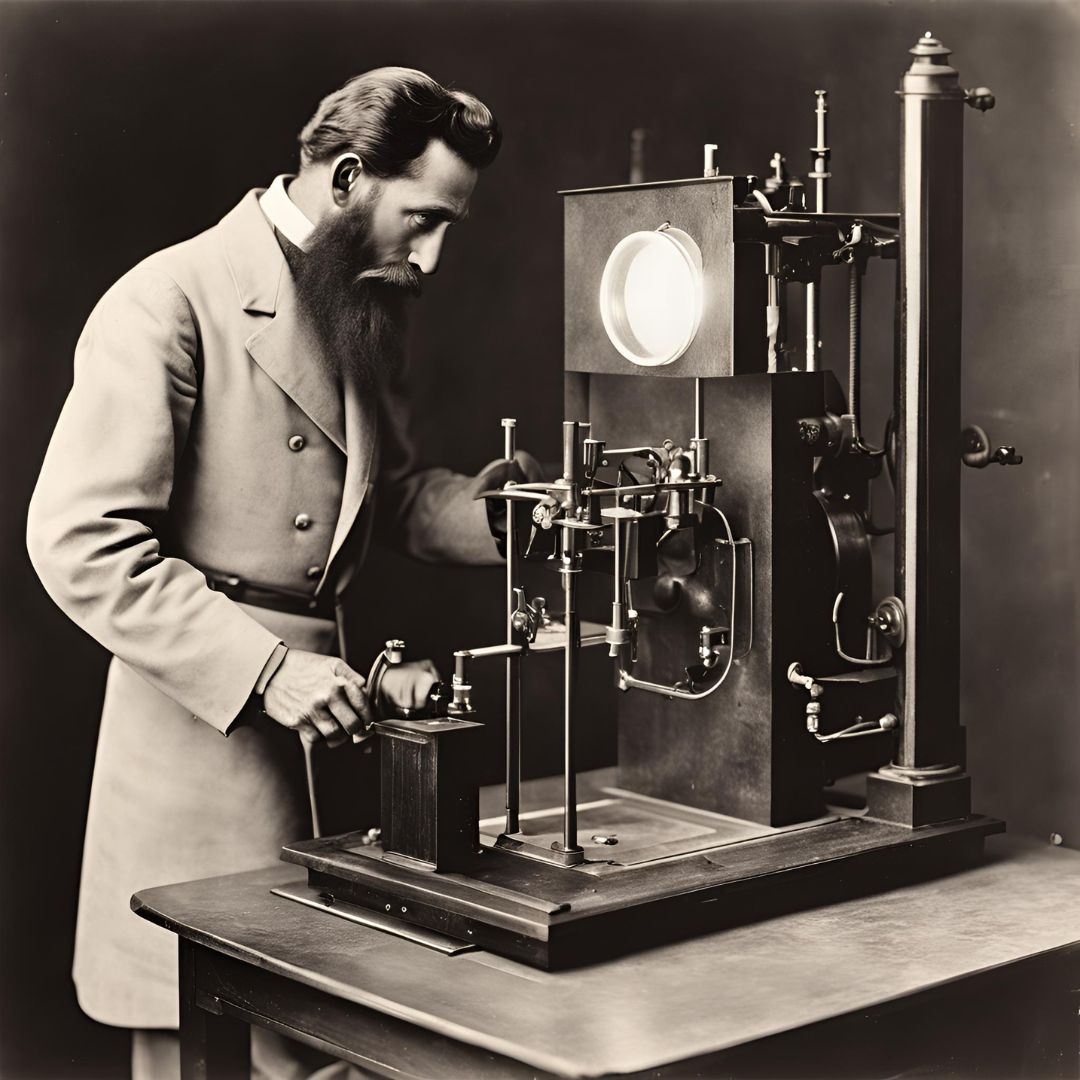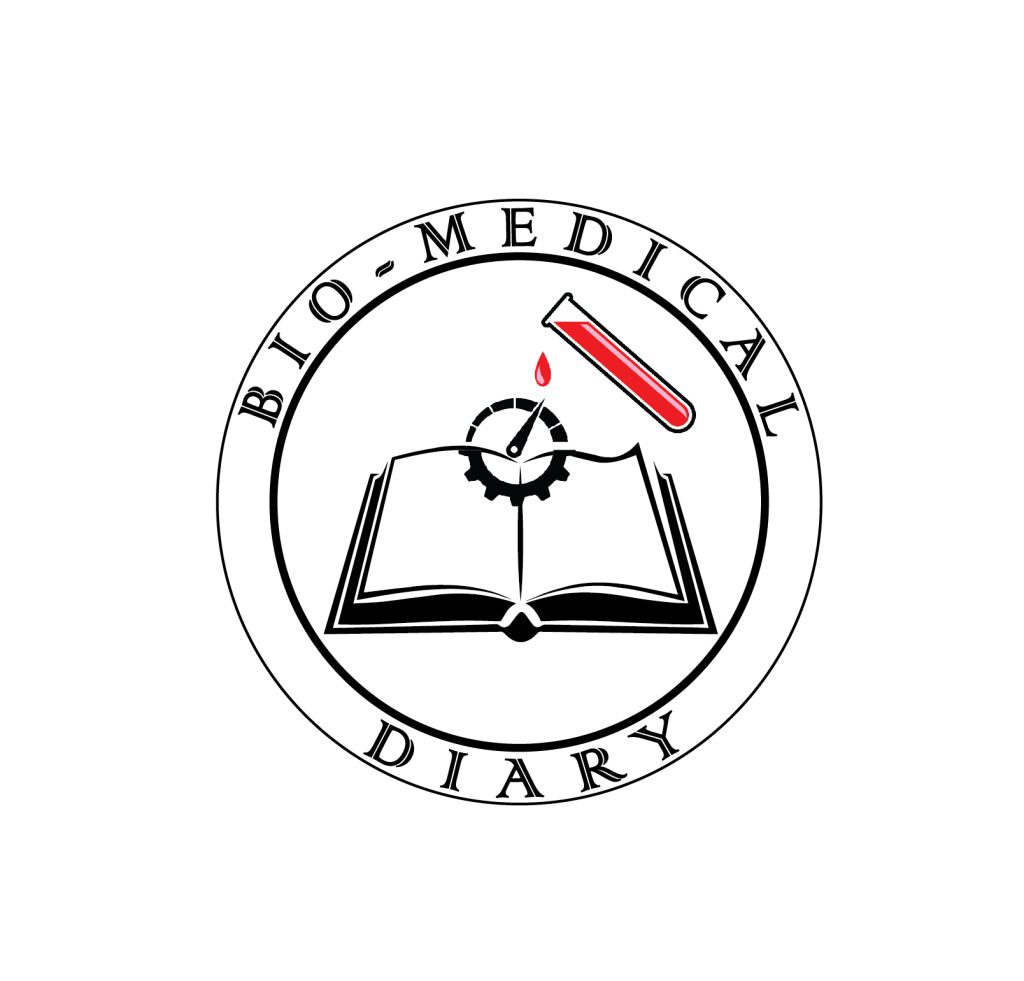The Importance of the Biomedical Field in Modern Healthcare
Modern Healthcare is one of the most critical pillars of Biomedical field & modern healthcare . It combines the knowledge of biology, medicine, and engineering to create innovative solutions that enhance patient care, diagnose diseases more accurately, and develop effective treatments. As healthcare continues to evolve, the biomedical field’s contributions are becoming increasingly essential, driving advancements that improve the quality of life for millions of people worldwide. This article explores the importance of the biomedical field in today’s healthcare landscape, highlighting its role in various sectors and its impact on patient outcomes.
Revolutionizing Disease Diagnosis
One of the most significant contributions of the biomedical field to modern healthcare is the revolutionization of disease diagnosis. Advanced diagnostic tools, developed through biomedical research, have drastically improved the accuracy and speed of diagnosing diseases. Techniques such as magnetic resonance imaging (MRI), computed tomography (CT) scans, and molecular diagnostics allow healthcare professionals to detect diseases at an earlier stage, often before symptoms even appear.
Early diagnosis is crucial for effective treatment, particularly for conditions like cancer, where the stage at which the disease is detected can significantly impact the patient’s prognosis. Biomedical innovations have also led to the development of non-invasive diagnostic tools, reducing the need for surgical procedures and minimizing patient discomfort. As a result, patients receive faster, more accurate diagnoses, leading to timely and targeted treatment plans.

Advancing Treatment Options
The biomedical field has been instrumental in advancing treatment options for a wide range of diseases and conditions. The development of new drugs, therapies, and medical devices has transformed the way we treat illnesses, making it possible to manage previously untreatable conditions. For example, the advent of biologics—complex medications derived from living organisms—has revolutionized the treatment of autoimmune diseases, cancers, and chronic conditions.
Moreover, personalized medicine, a rapidly growing area within the biomedical field, tailors treatments to individual patients based on their genetic makeup, lifestyle, and environment. This approach increases the effectiveness of therapies and reduces the risk of adverse effects. By focusing on the unique characteristics of each patient, personalized medicine represents a significant shift from the traditional one-size-fits-all approach to healthcare, offering more precise and effective treatments.
Enhancing Patient Care Through Technology
Technological advancements in the biomedical field have greatly enhanced patient care, making healthcare more efficient, accessible, and personalized. Wearable devices, such as smartwatches and fitness trackers, monitor vital signs in real time, allowing patients and healthcare providers to track health data continuously. This technology is particularly beneficial for managing chronic conditions like diabetes and heart disease, where ongoing monitoring is essential.
Telemedicine, another innovation driven by the biomedical field, has expanded access to healthcare, particularly in remote or underserved areas. Through virtual consultations, patients can receive medical advice and treatment without needing to travel to a healthcare facility. This not only improves access to care but also reduces the strain on healthcare systems, allowing resources to be allocated more effectively.

Impacting Public Health
The biomedical field plays a crucial role in public health, helping to control and prevent the spread of diseases. Vaccination programs, developed through extensive biomedical research, have eradicated or controlled many infectious diseases that once posed significant threats to public health. The recent COVID-19 pandemic highlighted the importance of the biomedical field in responding to global health crises, as researchers and pharmaceutical companies worked tirelessly to develop effective vaccines and treatments.
Beyond vaccines, the biomedical field contributes to public health through the development of diagnostic tools for disease surveillance, research on the environmental and genetic factors affecting health, and the creation of policies and interventions aimed at improving population health. These efforts are essential in addressing health disparities and ensuring that all individuals have access to the care they need.

Supporting Medical Research and Innovation
Medical research is the backbone of the biomedical field, driving innovation and discovering new ways to improve health outcomes. Research in areas such as genetics, molecular biology, and bioengineering has led to groundbreaking discoveries that have transformed our understanding of human health and disease. For example, the Human Genome Project, a monumental effort in biomedical research, mapped the entire human genome and opened the door to new approaches to diagnosing, treating, and preventing diseases.
Ongoing biomedical research continues to explore new frontiers, such as regenerative medicine, which aims to repair or replace damaged tissues and organs. Stem cell research, tissue engineering, and gene editing technologies like CRISPR are just a few examples of how the biomedical field is pushing the boundaries of what is possible in healthcare. These innovations have the potential to cure diseases that were once thought incurable, offering hope to millions of patients worldwide.
Ethical Considerations and Challenges
While the biomedical field offers immense potential for improving healthcare, it also raises important ethical considerations and challenges. Issues such as data privacy, the ethical use of genetic information, and the potential for unintended consequences in gene editing must be carefully navigated. As the field continues to advance, it is essential to ensure that these technologies are used responsibly and equitably, with a focus on improving patient outcomes while safeguarding individual rights.






